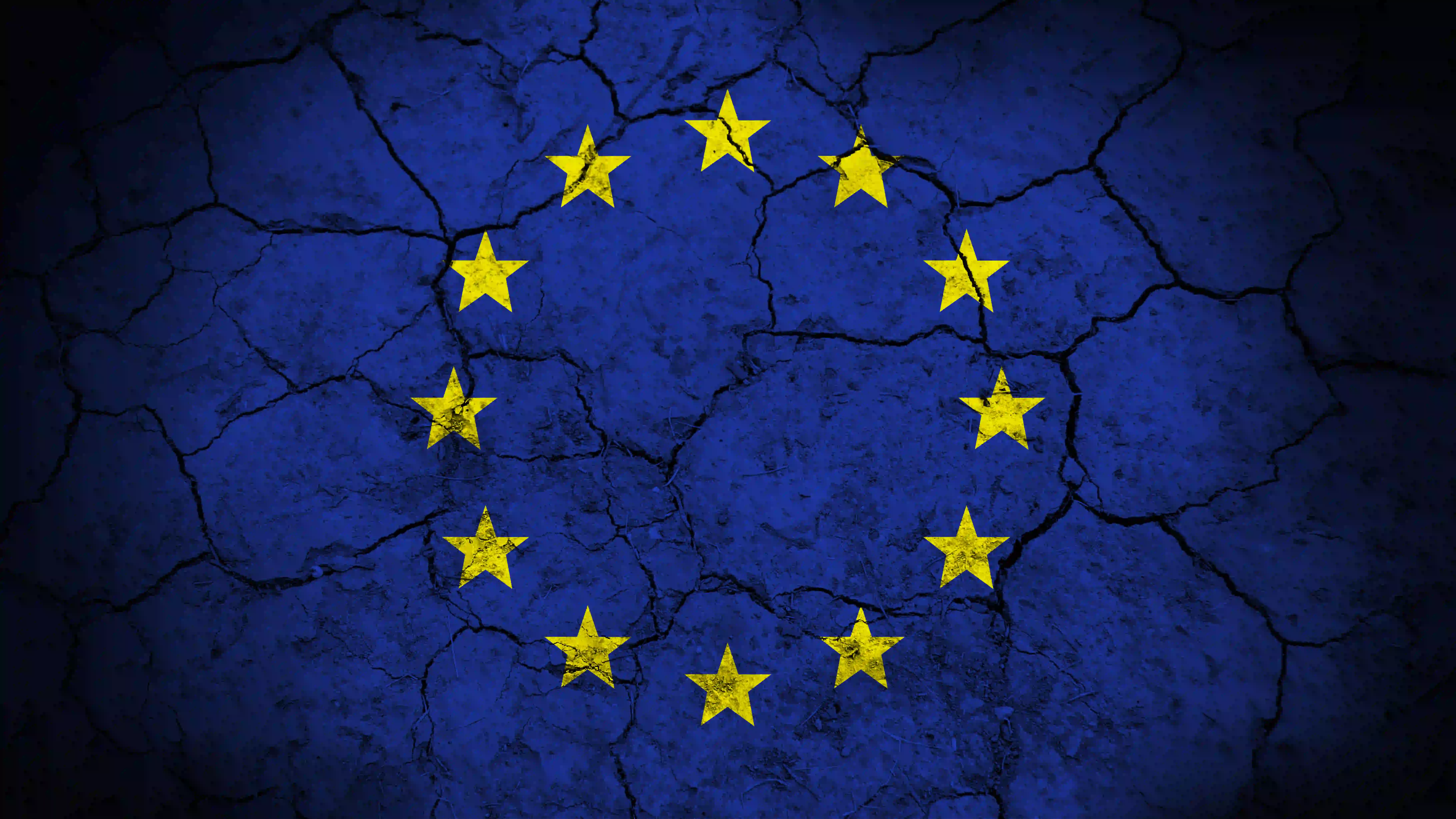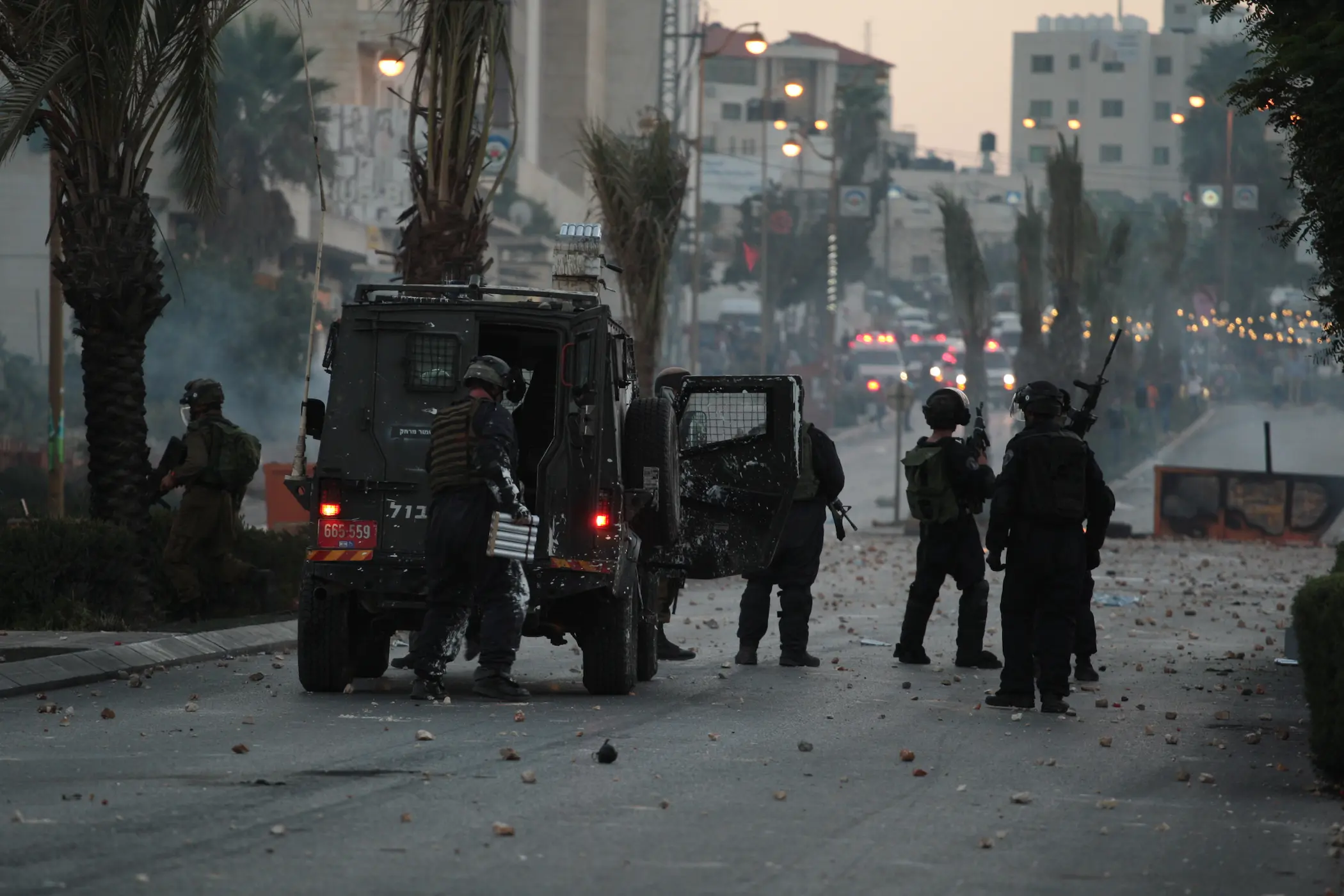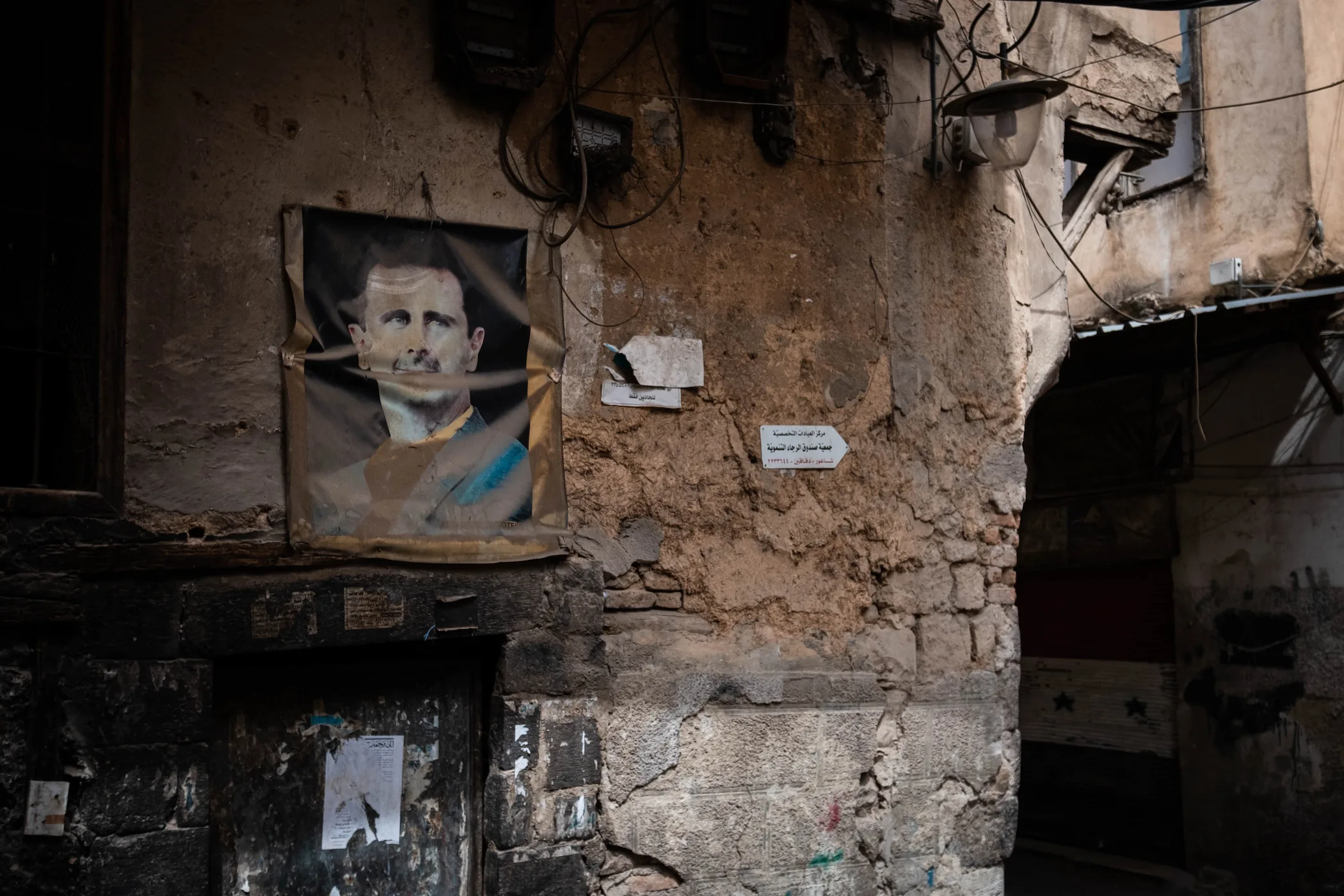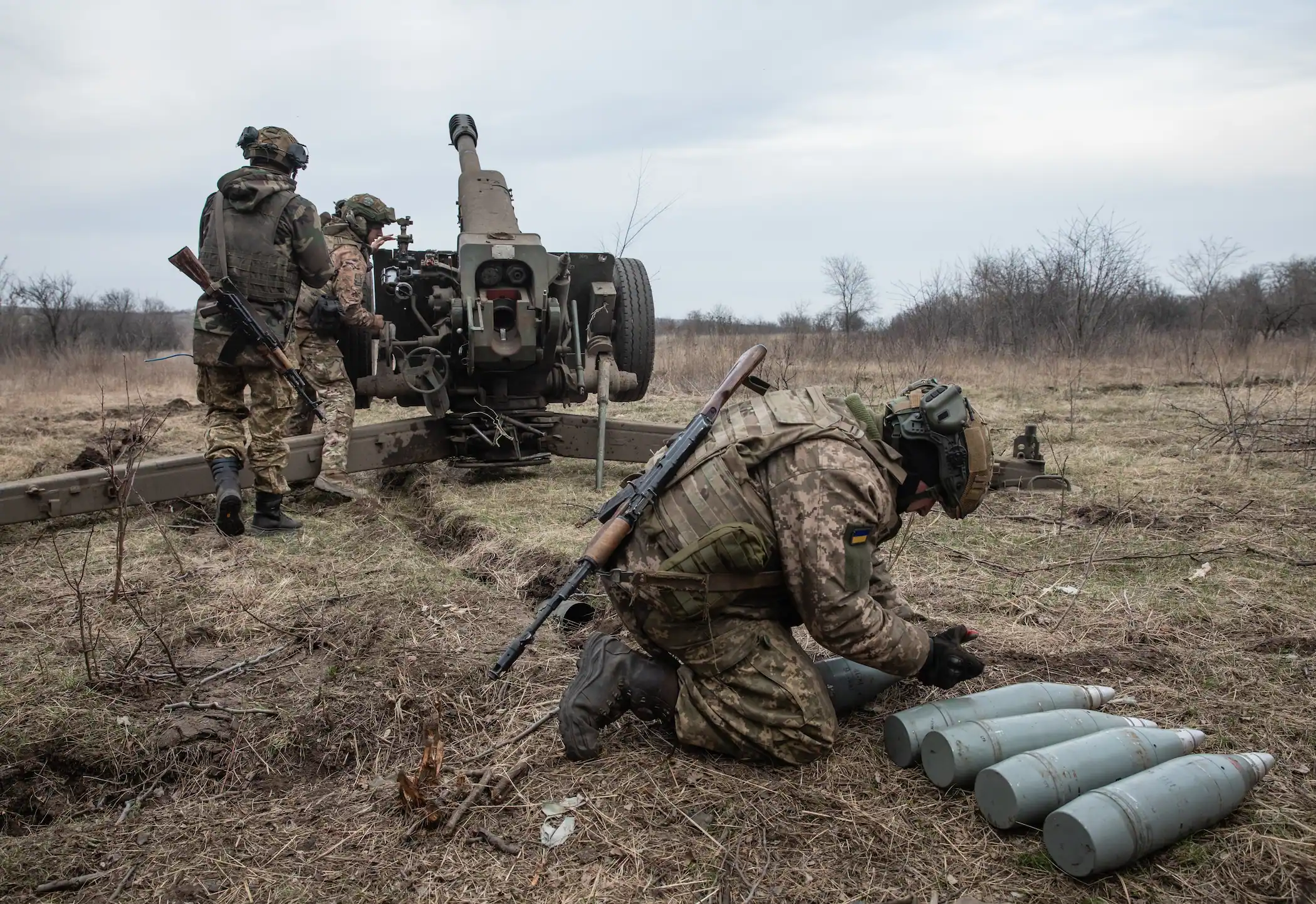The Iranian Revolutionary Guard's Air Force made a historic move by launching a direct assault on Israel in an operation dubbed "The True Promise," marking the first instance of such an attack originating from Iranian territory. Late on Saturday, April 13, 2024, Israeli cities were subjected to a relentless barrage of drones and ballistic missiles, signalling a significant escalation in tensions between the two nations. This offensive action follows Iran's earlier pledge to retaliate against Israel for its targeting of the Iranian consulate in Damascus, an incident that resulted in the deaths of seven Revolutionary Guard members, including two high-ranking leaders, on April 1.
This calculated escalation underscores Iran's unwavering commitment to defending its sovereignty and national interests while bolstering regional security. The global spotlight now shifts to the scale, sophistication, and broader implications of Iran's strike against Israel.
The Iranian assault on Israeli soil marks a pivotal moment in the ongoing conflict between the two adversaries, thrusting their hostilities from the shadows into the open arena of direct confrontation.
Against this backdrop, the Israeli response hinges on several key factors. Firstly, the extent to which Iranian proxies, such as the Houthis and Hezbollah, may actively participate in the conflict will influence Israel's strategic calculus. Secondly, the response will be shaped by the presence or absence of casualties among Israeli forces, as well as the effectiveness of its defence systems, bolstered by support from the United States, in mitigating potential damage. Lastly, how Israel opts to retaliate will be of paramount importance in determining the trajectory of the conflict.
Consequently, this analysis aims to elucidate the attack's ramifications and its economic repercussions on the parties involved in the conflict.
Firstly: Repercussions of the Attack
The Iranian attack unfolds against a backdrop of shifting global sentiments toward Israel, particularly in the wake of the protracted conflict in Gaza over the past seven months. Concurrently, tensions have escalated in the relationship between President Joseph Biden and Prime Minister Benjamin Netanyahu, adding complexity to the aftermath of the Iranian assault and raising significant concerns about its potential repercussions for the parties involved and the broader region. Here’s a breakdown:
Iran
The Iranian strike marks the dawn of a new chapter wherein Iran demonstrates its readiness to directly retaliate against Israeli aggression, ushering in a paradigm shift in engagement rules. This shift was starkly evident in the deployment of over three hundred missiles and drones from Iranian soil toward Israel, a resolute act aimed at restoring Iranian honour.
Domestically, the presence of an external enemy like Israel proves advantageous for the clerical regime in Tehran, enabling it to deflect internal grievances onto an external target and quell public unrest, particularly in the aftermath of Israel’s assault on the Iranian consulate in Damascus, viewed as a violation of Iranian sovereignty.
The decision to strike Israel stemmed from Tehran’s belief that failure to assert a clear and explicit deterrent against Israeli aggression would embolden further hostilities. By demonstrating resolve now, Iranian leaders seek to dissuade future provocations from Israel and avoid the necessity of a more forceful response down the line.
While the actual impact of the Iranian strike was contained, its intent, perhaps deliberate, was to afford Israel and the U.S. room for manoeuvre, aiming to de-escalate tensions and prevent a broader conflict.
Iran’s Permanent Mission to the U.N. invoked Article 51 of the U.N. Charter to justify its actions against Israel while simultaneously signalling a desire to de-escalate by declaring the matter “closed” before any projectiles reached their targets.
The Iranian populace’s sentiments are mixed, oscillating between jubilation over Tehran’s retaliation and apprehension regarding potential repercussions within Iran and the broader region. Pro-regime demonstrations erupted in several cities, celebrating what is seen as Tehran’s vindication in response to Israel’s April 1st airstrike. However, concerns linger over the prospect of a regional conflagration, with fears that Israeli reprisals could spark an international backlash against Tehran.
Social media footage depicts Iranians flocking to gas stations to fuel their vehicles and stocking up on essential supplies, reflecting a palpable sense of unease and anticipation in the face of escalating tensions.
Israel
Israel perceives the presence of U.S. military forces in the region as a temporary security guarantee, leveraging it to bolster its defence posture. The Israeli response to the Iranian attack is intrinsically linked to the perceived outcomes of the strike. Given the absence of tangible damage resulting from the Iranian assault and the augmented presence of American forces, Prime Minister Netanyahu stands to gain on multiple fronts:
- Restored U.S. Support: President Biden’s swift return from vacation to address the situation in the Middle East conveyed a message of unwavering support for Israel, effectively restoring the alliance between the two nations. Biden’s decisive action served to dispel accusations of weakening bilateral relations, thwarting political opponents who sought to exploit perceived rifts.
- Political Manoeuvring: Netanyahu adeptly capitalised on the Iranian attack to bolster his government’s standing in Washington and sway Western public opinion in Israel’s favour. He framed Israel’s actions as a necessary defence against widespread aggression from Muslim adversaries in the region, thereby reinforcing his political narrative and quelling dissenting voices at home and abroad.
- Restoring Positive Deterrence: With Israeli deterrence significantly diminished to reactive measures against missile threats, Netanyahu aims to bolster the nation’s ability to deter adversaries proactively, safeguarding Israeli interests before threats materialise.
- Perpetuating External Threats: Netanyahu’s strategy of provoking Iran serves to cultivate a narrative of ongoing external threats, diverting attention from internal challenges and postponing calls for government change or elections. By rallying the Israeli populace against the perceived Iranian menace, Netanyahu seeks to consolidate his political position and mitigate external pressure following his failure to achieve victory in the Israel-Hamas War. This approach not only reinforced national solidarity but also helped rekindle a sense of unity that had waned in the aftermath of crimes committed by the Israeli military in Gaza, including incidents such as the targeting of workers from the World Central Kitchen. This shift in tone saw a transition from a climate of criticism to one of collective support.
The Region
Before the Iranian attack on Israel, Gulf states cautioned the U.S. against utilising their territory or airspace for any strikes on Iran, mindful of the longstanding presence of American military bases in the region. These bases, strategically positioned in proximity to Iran, would serve as convenient launching points for potential U.S. actions against the country. However, Gulf nations are wary of entanglement in the escalating conflict, especially considering the anticipated repercussions of the Iranian assault on neighbouring states. This reluctance complicates the Biden administration’s efforts as it conducts military exercises to prepare for potential responses to the attack on Israel.
Should hostilities escalate into a broader confrontation between Israel and Iran, regional actors perceived as siding with Israel may face heightened risks of involvement, extending beyond mere drone interceptions. Recognising the dangers of further escalation, regional leaders are inclined to engage diplomatically to defuse tensions and mitigate the risk of broader regional entanglement.
Freezing Attempts at Rapprochement with Israel: The Iranian attack is poised to impede Saudi-Israeli rapprochement efforts, as it prompts a re-evaluation of the Kingdom’s stance. While insiders acknowledge Saudi Arabia’s ongoing interest in enhancing ties with Israel, the attack introduces new considerations. Specifically, the Kingdom will likely reassess its air defence agreements with the U.S. in light of the Iranian threat. This reassessment is expected to drive increased demand for air defence systems to counter potential Iranian incursions into Saudi territory, potentially resulting in the conclusion of new arms deals to address this gap.
Providing an Advanced Air Defence System: Jordan, in collaboration with the U.S., France, and the U.K., participated in intercepting the Iranian incursions passing through Amman, citing the protection of its sovereign airspace as justification. The attack presents an opportunity for Jordan to advance its procurement of the American Patriot missile system. Previously delayed due to Israeli concerns over its proximity to the borders, this development now signals a potential reordering of priorities, driven by the imperative to bolster Jordan’s defence capabilities in response to regional threats.
The United States of America
The attack places the U.S. in a pivotal role as it endeavours to prevent the expansion of the conflict, a goal the Biden administration has been actively pursuing since the events of Oct. 7. Despite the relative success of the Iranian attack, there remains no assurance that Israel will not engage in another escalatory cycle. Senior Pentagon officials have consistently emphasised their desire to withdraw U.S. forces from the Middle East and redirect their focus toward the Indo-Pacific region, a strategic shift that Israel is cognizant of. Consequently, the U.S. seeks to mitigate escalation, prioritising its efforts to pivot largely toward addressing challenges posed by China and Russia.
In addition to the ongoing threat from Iran, a significant unresolved issue lies in the lack of transparency between the U.S. and Israel. Israeli leaders did not notify the U.S. of their strike on the Iranian consulate in Damascus. The U.S. may discreetly encourage Israel to exercise restraint in its response, aiming to prevent the escalation of regional conflict, particularly with Iran.
However, this approach conflicts with Israel’s imperative to restore deterrence and assert itself in what it perceives as a battle against terrorism that has breached its sovereign borders in unprecedented ways.
Despite these complexities, Biden’s unwavering support for Israel serves to thwart any attempts by his Republican rival, Donald Trump, to exploit the situation for political gain, especially in light of Trump’s recent assertions that the Iranian attack on Israel would not have occurred under his leadership. Consequently, Biden is poised to leverage the situation to showcase his solidarity with Israel as the U.S. presidential elections draw near.
Axis of Resistance
The axis of resistance in Lebanon and Yemen will face heightened pressure if Israel launches direct attacks on Iranian territory. In response, new and varied tactics will likely be employed, diverging from those observed since the onset of the Gaza war. Tasks will be allocated in accordance with Iran’s strategic vision. Tehran’s coordination with the axis of resistance in the region was evident during its attack on Israel, with synchronised assaults targeting Israel concurrent with the initial wave of Iranian strikes.
Hezbollah
The escalation could prompt Hezbollah to deploy long-range missiles that have thus far remained unused. Hezbollah recently asserted that it launched “dozens” of Katyusha rockets targeting an Israeli missile and artillery base in the Golan Heights. Similarly, the Houthis released two promotional videos showcasing the purported destruction of Israel amidst a series of drone attacks orchestrated by Iran. Additionally, The Iranian-backed Iraqi militia Faylaq al Waad al Sadiq (True Promise Corps) lauded the Islamic Resistance in Iraq on April 13 for its alleged involvement in the attack on Israel.
Hamas
The Iranian attack on Israel is unlikely to alter the dynamics of the ongoing war in the Gaza Strip. Rather than targeting Israel directly, Iran had the opportunity to exert pressure on the U.S. to prevent an anticipated attack on Rafah. By doing so, Iran could garner international support in the event of an Israeli assault on Rafah. Consequently, military operations in the Gaza Strip are anticipated to persist unabated. In fact, the Iranian attack may precipitate an expedited Israeli incursion into Palestinian Rafah, particularly as Netanyahu regains internal and external support that had recently waned. Furthermore, the Iranian attack presents Israel with an opportunity to diminish the intensity of international scrutiny focused on the Strip.
Houthis
The escalation between Israel and Iran is poised to empower the Houthis to intensify military operations, potentially culminating in a full blockade of the Bab al-Mandab region rather than solely targeting and seizing ships. Additionally, the Houthis may ramp up missile attacks on Israeli Eilat, mirroring their actions at the onset of the Israeli-Hamas war. Furthermore, this development may manifest in cyberattacks aimed at compromising Israeli air defence systems, presenting a multifaceted challenge to Israel’s security infrastructure.
Secondly: Economic Effects of the Attack
The economic ramifications of the Iranian attack on Israel can be categorised into two main types: direct and indirect. Direct effects are further delineated into immediate and long-term impacts. The immediate effects stem from the general mobilisation of Israeli citizens seeking shelter. In contrast, the long-term effects manifest in disrupting the global business environment due to the strategic significance of the Middle East. Indirect effects encompass heightened militarisation in the region and increased reliance on local militias, amplifying uncertainties in the geopolitical landscape.
Short-term Direct Effects of the Attack
- Decreased Productivity: Israeli citizens’ need to seek refuge in shelters during missile attacks disrupts their normal daily activities, including business operations, school attendance, and other obligations. This disruption can decrease productivity for individuals and companies, leading to economic losses in terms of lost person-hours, reduced production, and potential financial setbacks. Preliminary estimates indicate that bunker access costs amounted to approximately $200 million between missile launches and interceptions during the seven-hour period.
- Cost of Missile Response: Iran launched approximately 300 explosive objects, including drones and winged missiles, from its territory into Israeli territory, necessitating a response from Israel’s three joint air defence systems: Iron Dome, David’s Sling, and the Arrow system. In response, Israel deployed around 200 missiles to counter the threat. With an average missile cost estimated at $50,000 across the three defence systems, the total response expenditure may surpass $1 billion, as reported by Yedioth Ahronoth newspaper.
- Increased Spending on Emergency Response and Preparedness: The Israeli government and local authorities are compelled to allocate resources to enhance emergency response measures and preparedness to safeguard civilians during missile attacks. This includes maintaining and securing shelters, implementing early warning systems, and coordinating evacuation efforts. The expenditure incurred on these emergency measures further contributes to the overall economic impact of missile attacks.
Long-term Direct Effects
- Elevated Oil Prices: Iran holds significant sway in the Middle Eastern oil market and exerts influence over key oil transportation routes in the Straits of Hormuz and Bab al-Mandab. Consequently, a conflict between Iran and Israel has the potential to disrupt oil production, transportation, and supply routes in the region, resulting in a surge in global oil prices. This increase in oil prices could reverberate across the global economy, impacting industries reliant on oil and fuelling inflationary pressures in energy-dependent economies. Consequently, it may prolong the period of prevailing interest rate hikes.
- Global Stock Markets: Geopolitical tensions in the Middle East frequently trigger volatility in global financial markets. Investors harbour apprehensions regarding the region’s stability and the prospect of broader conflict, prompting widespread selling of stocks and other high-risk assets. The prevailing uncertainty could undermine investor confidence and impede economic growth.
- Further Regional Trade Disruptions: Continued escalation of hostilities between Iran and Israel can potentially disrupt crucial trade routes, particularly those for food and technological materials, passing through the Straits of Hormuz, Bab al-Mandab, and possibly Gibraltar. Such disruptions would impact transportation across the Middle East, leading to heightened costs for imports and exports and disruptions to vital supply chains. Consequently, countries in the region may experience hindered economic growth and development.
- Increased Defence Spending: In light of heightened tensions and the unprecedented direct Iranian attack, Israel is expected to bolster its defence spending, aiming to reestablish positive deterrence beyond merely intercepting Iranian missiles and drones. This strategic shift may entail diverting resources from other sectors of the economy, such as infrastructure, education, and healthcare. Consequently, Israel’s long-term economic development could be impacted, potentially fuelling societal discontent within the country.
- Further Disruption of the Business Environment in Israel and Surrounding Countries: The heightened perception of risks in Israel may result in a downturn in tourism and travel to neighbouring countries such as Egypt, Jordan, and Lebanon. This downturn could adversely affect sectors such as hospitality, airlines, and related industries, potentially leading to job losses and declining economic activity across the region.
Long-term Indirect Effects
- Fuelling the Arms Race in the Region: The Iranian attack and subsequent Israeli response serve as catalysts for heightened security apprehensions across the region. This dynamic will likely compel countries like the Kingdom of Saudi Arabia, Turkey, Egypt, and the UAE to bolster defence spending. Following a thorough analysis of Iran and Israel’s actions and reactions, this may involve the development and acquisition of drones and the enhancement of defence systems to counter aerial and ground threats.
- Strengthening the Roles of Militias: The ongoing war underscores the significance of militias in the regional landscape, particularly those situated in close proximity to Israel across Syria, Lebanon, Iraq, the West Bank, and Gaza. Despite Iran’s formidable response, comprising approximately 300 projectiles, its efficacy was compromised by the considerable distance involved and Israel’s adept readiness for interception. In contrast, the missiles wielded by Hezbollah and Hamas, while possessing lesser destructive capabilities and technological sophistication, are more cost-effective. However, they wield significant deterrence potential and pose a greater threat of substantial losses.























Comments